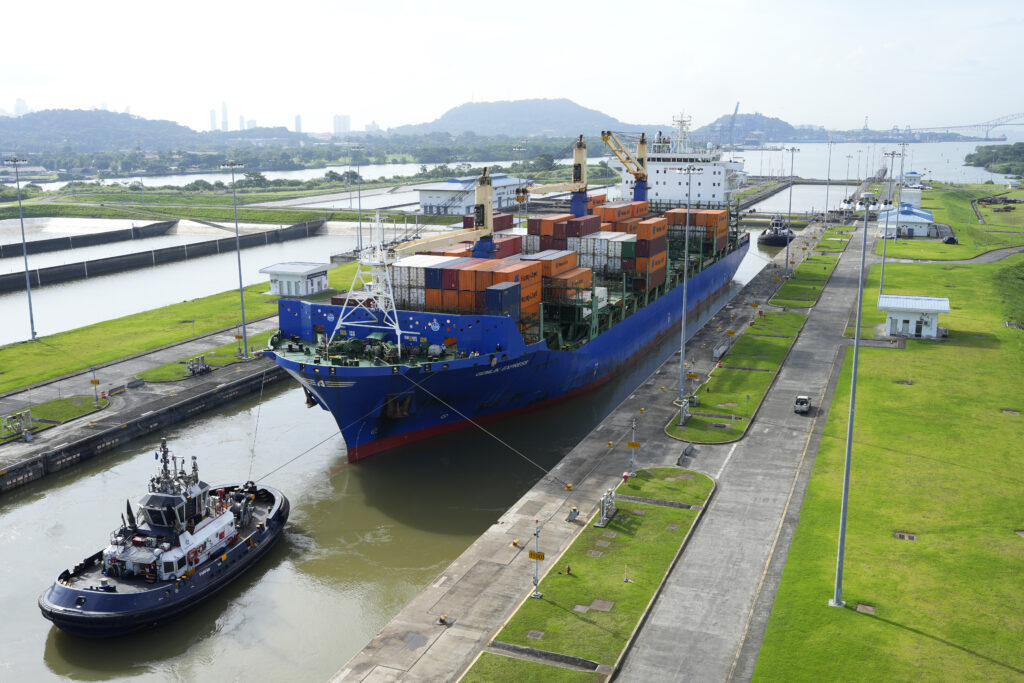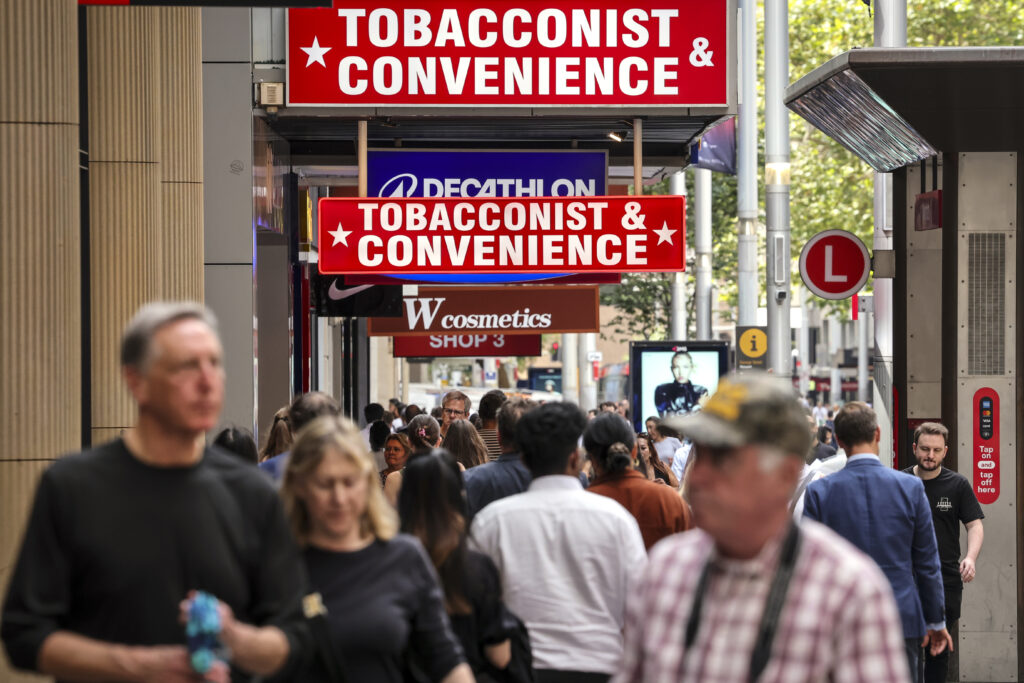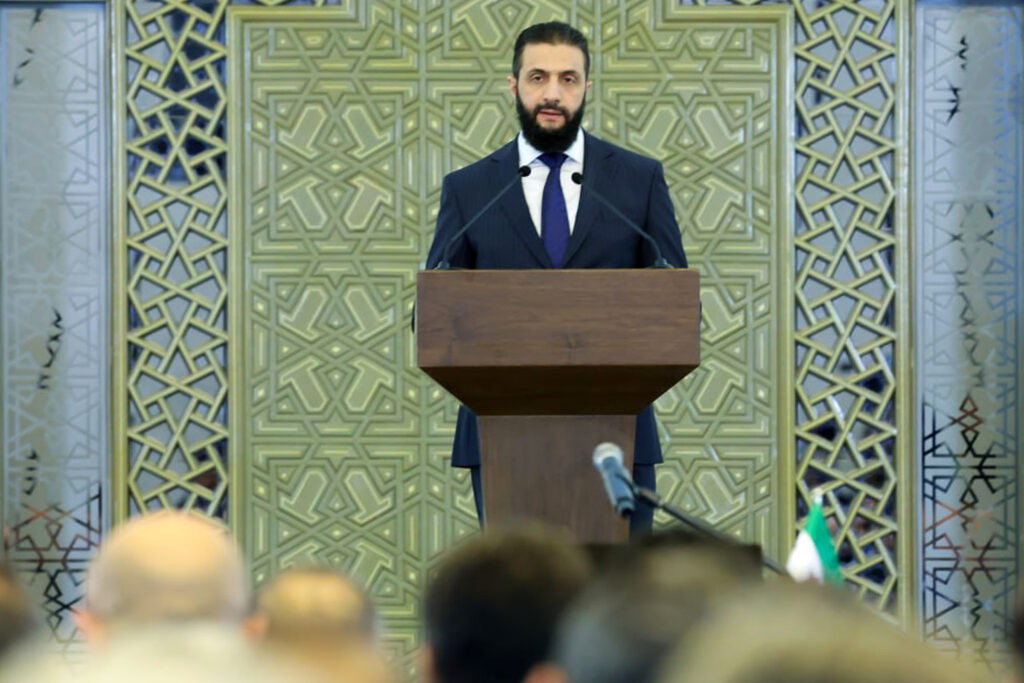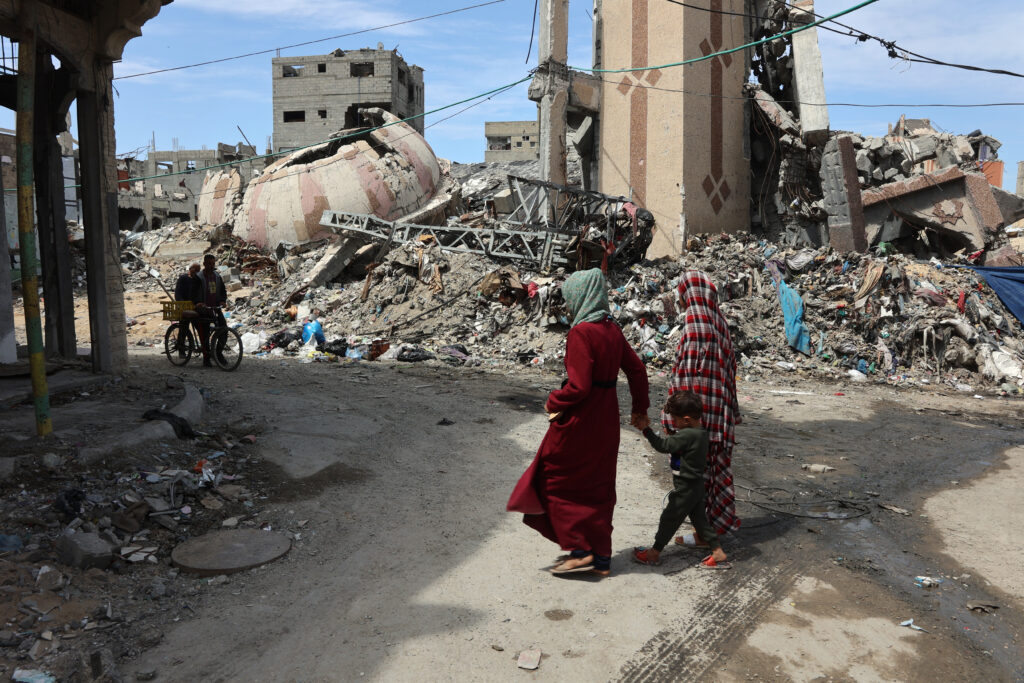AFP Asia Business
US, China raise the stakes in Panama Canal ports row
China’s fury at the sale of Panama Canal ports to a US-led consortium reflects how container hubs have become prized currency as Beijing and Washington vie for global influence, analysts say.Hong Kong conglomerate CK Hutchison this month sold 43 ports in 23 countries — including operations in the vital Central American canal — to a …
US, China raise the stakes in Panama Canal ports row Read More »
Australian black market tobacco sparks firebombings, budget hole
Sky-high tobacco prices in Australia have created a lucrative black market, analysts say, sparking a violent “tobacco war” and syphoning away billions in potential tax revenue.Faced with a pack of 25 cigarettes costing up to Aus$50 (US$32) or more — including Aus$1.40 in tax on each stick — many smokers have instead turned to readily …
Australian black market tobacco sparks firebombings, budget hole Read More »
Syria interim president names new government dominated by allies
Syria’s interim President Ahmed al-Sharaa on Saturday announced a new transitional government dominated by close allies and including one woman, replacing caretaker authorities in place since the ouster of longtime ruler Bashar al-Assad.The announcement, initially scheduled for earlier this month, comes amid international calls for an inclusive Syrian transition following recent sectarian bloodshed, as the country’s new leaders seek to reunite and rebuild Syria and its institutions after Assad’s December 8 overthrow brought an end to 14 years of civil war.Close associates of Sharaa held on to key positions, with Foreign Minister Assaad al-Shaibani and Defence Minister Murhaf Abu Qasra retaining their cabinet posts, while Anas Khattab, the head of general intelligence, was appointed interior minister.Veteran opposition figure Hind Kabawat, a member of Syria’s Christian minority and longtime Assad opponent, was named social affairs and labour minister, the first woman to be appointed by Sharaa.The leader of the White Helmets, the Syrian rescuers who worked in rebel-held areas, Raed al-Saleh, was appointed minister of emergency situations and disasters.The Islamist-led authorities who now dominate Syria have vowed to protect minorities, especially after fighting earlier this month between gunmen from Assad’s Alawite community and militia linked to the Sunni rebel forces that overthrew him led to civilian massacres.In December, a caretaker government headed by Mohammad al-Bashir was appointed to steer the country until a new cabinet was formed, an announcement initially scheduled for March 1.In late January, Sharaa, leader of Islamist group Hayat Tahrir al-Sham (HTS), which spearheaded Assad’s overthrow, was appointed interim president.This month, Sharaa signed into force a constitutional declaration regulating the country’s transitional period, set for five years.Some experts and rights groups have warned that it concentrates power in Sharaa’s hands and fails to include enough protections for minorities.
Hamas says agrees to new Gaza truce proposal received from mediators
A top Hamas official said on Saturday the group approved a new Gaza ceasefire proposal put forth by mediators, urging Israel to back it but warning the Iran-backed group’s weapons were a “red line”.Prime Minister Benjamin Netanyahu’s office confirmed it had also received a proposal from the mediators and had submitted a counter-proposal in response.”Two days ago, we received a proposal from the mediating brothers in Egypt and Qatar. We dealt with it positively and approved it. We hope that the occupation (Israel) will not obstruct it,” Khalil al-Haya said in a televised address for the Muslim holiday of Eid al-Fitr.”The weapons of the resistance are a red line,” he added.Netanyahu’s office confirmed it had received a proposal from mediators.”Prime Minister Benjamin Netanyahu, yesterday, held a series of consultations pursuant to the proposal that was received from the mediators,” his office said in a statement.”A few hours ago, Israel conveyed to the mediators a counter-proposal in full coordination with the US,” it said without elaborating.A day earlier, senior Hamas official Bassem Naim had said talks between the Palestinian Islamist movement and mediators over a ceasefire deal were gaining momentum as Israel continues intensive operations in Gaza.Palestinian sources close to Hamas had told AFP that talks began Thursday evening between the militant group and mediators from Egypt and Qatar to revive a ceasefire and hostage release deal.The fragile truce that had brought weeks of relative calm to the Gaza Strip ended on March 18 when Israel resumed its bombing campaign across the territory.The talks in Doha started a day after Israeli Prime Minister Benjamin Netanyahu threatened to seize parts of Gaza if Hamas did not release hostages, and Hamas warned the captives would return “in coffins” if Israel did not stop bombing the Palestinian territory.




